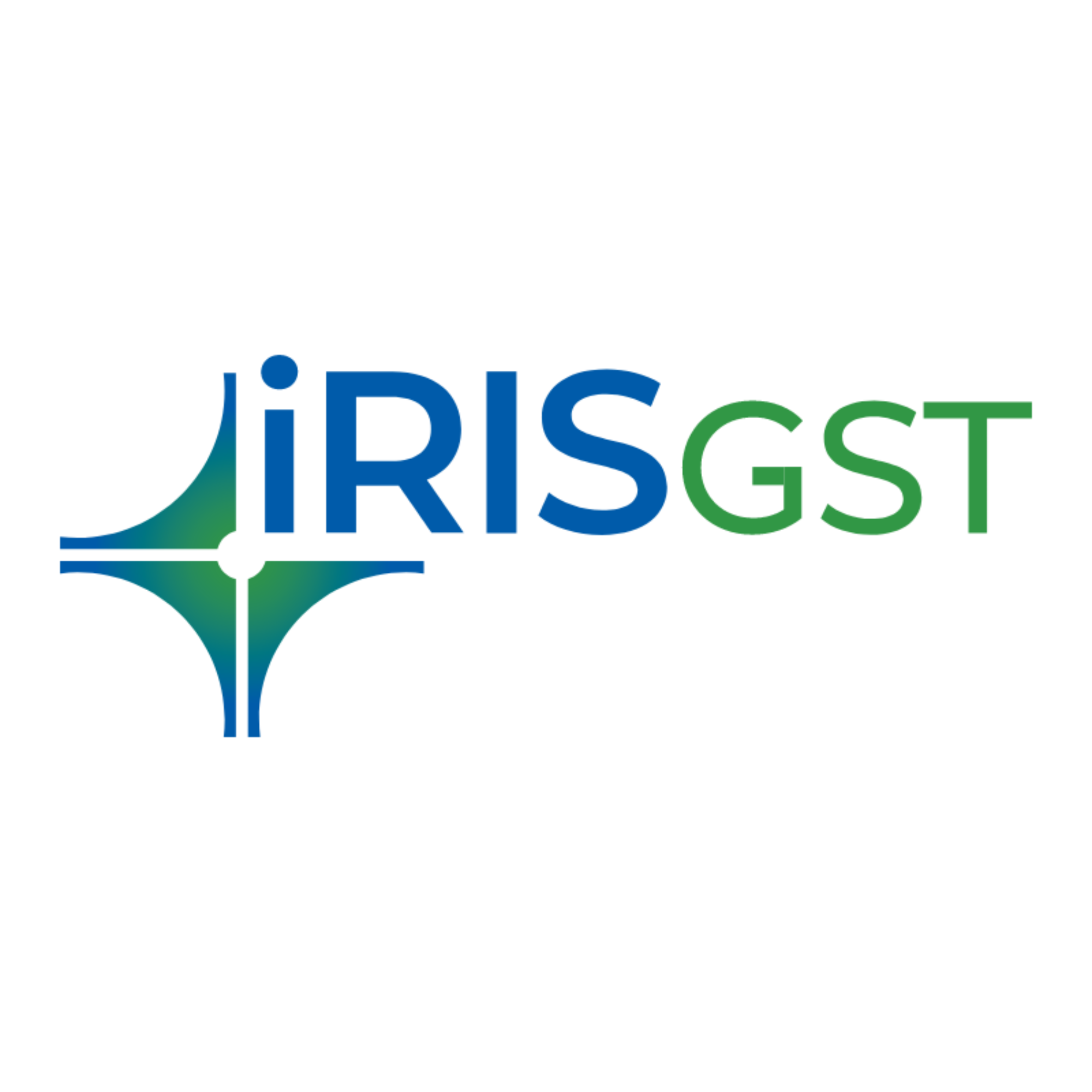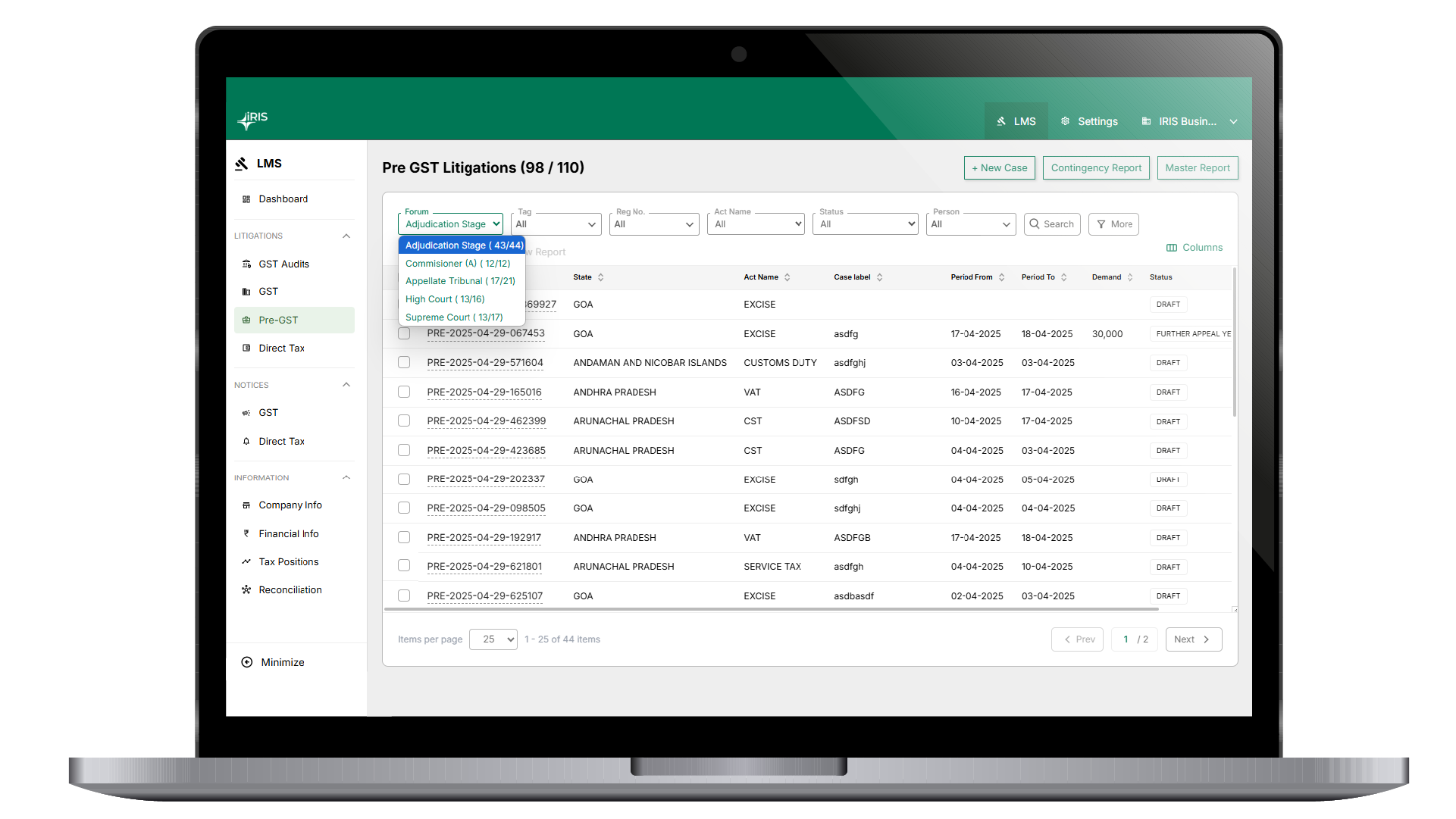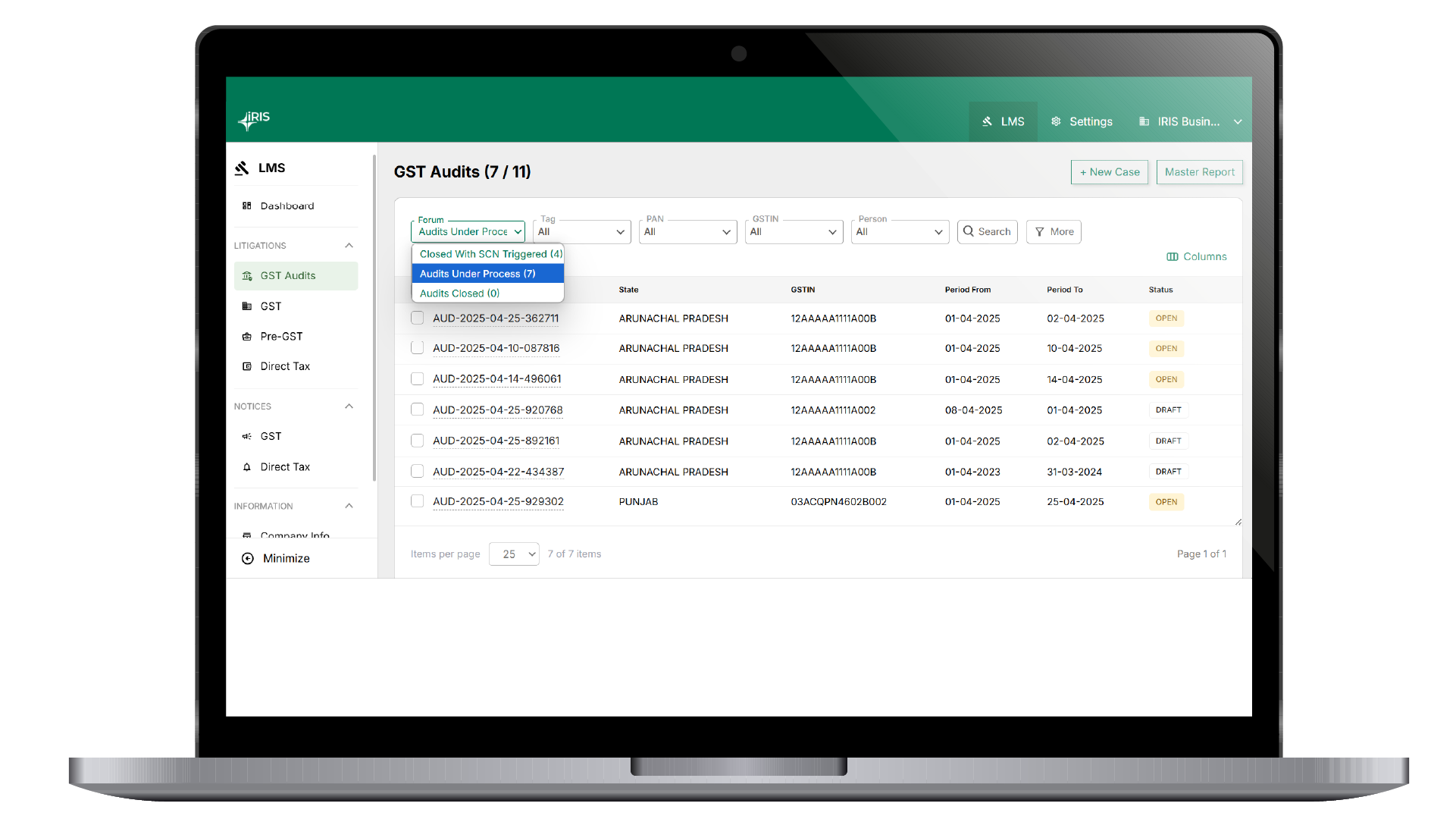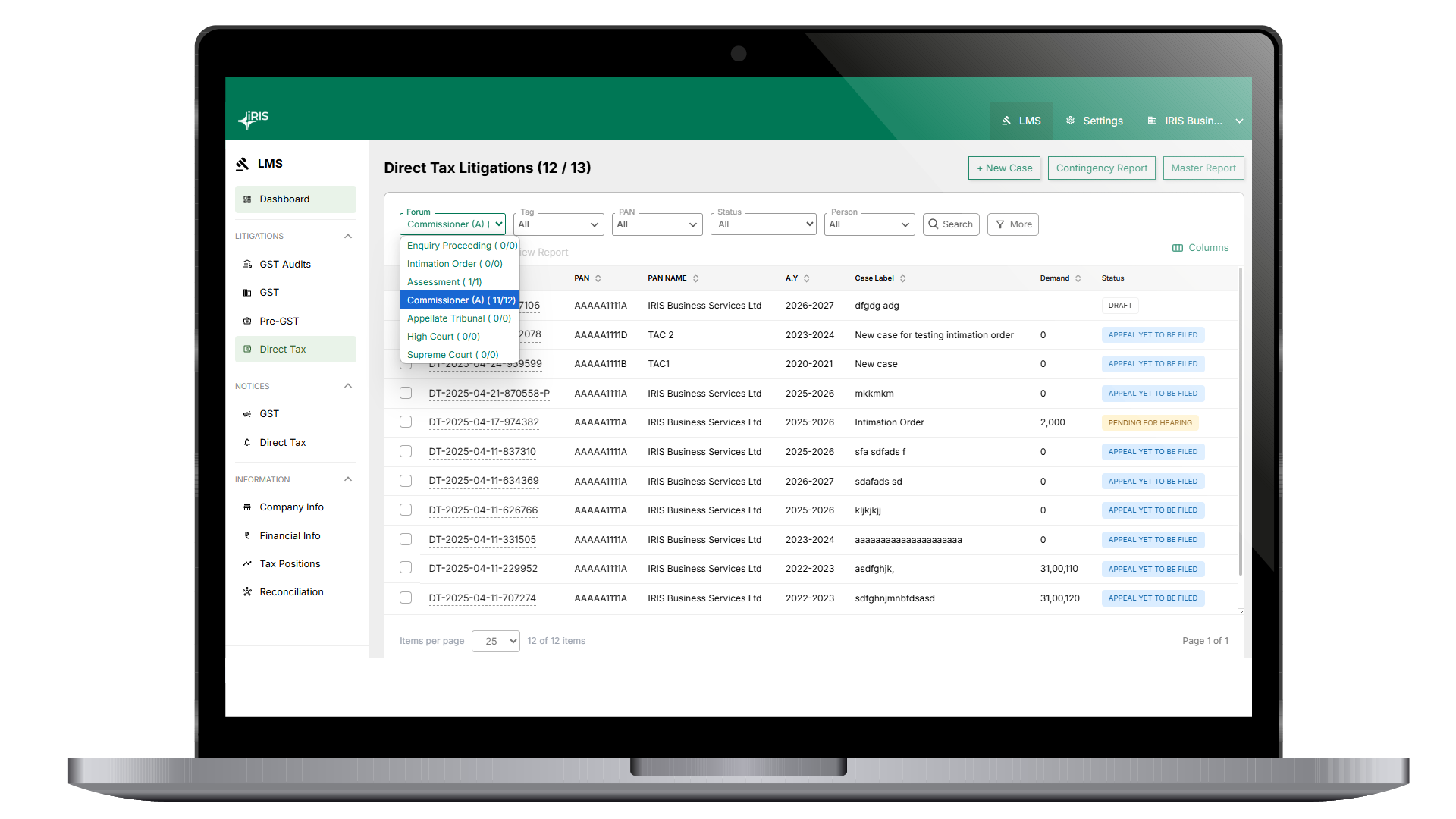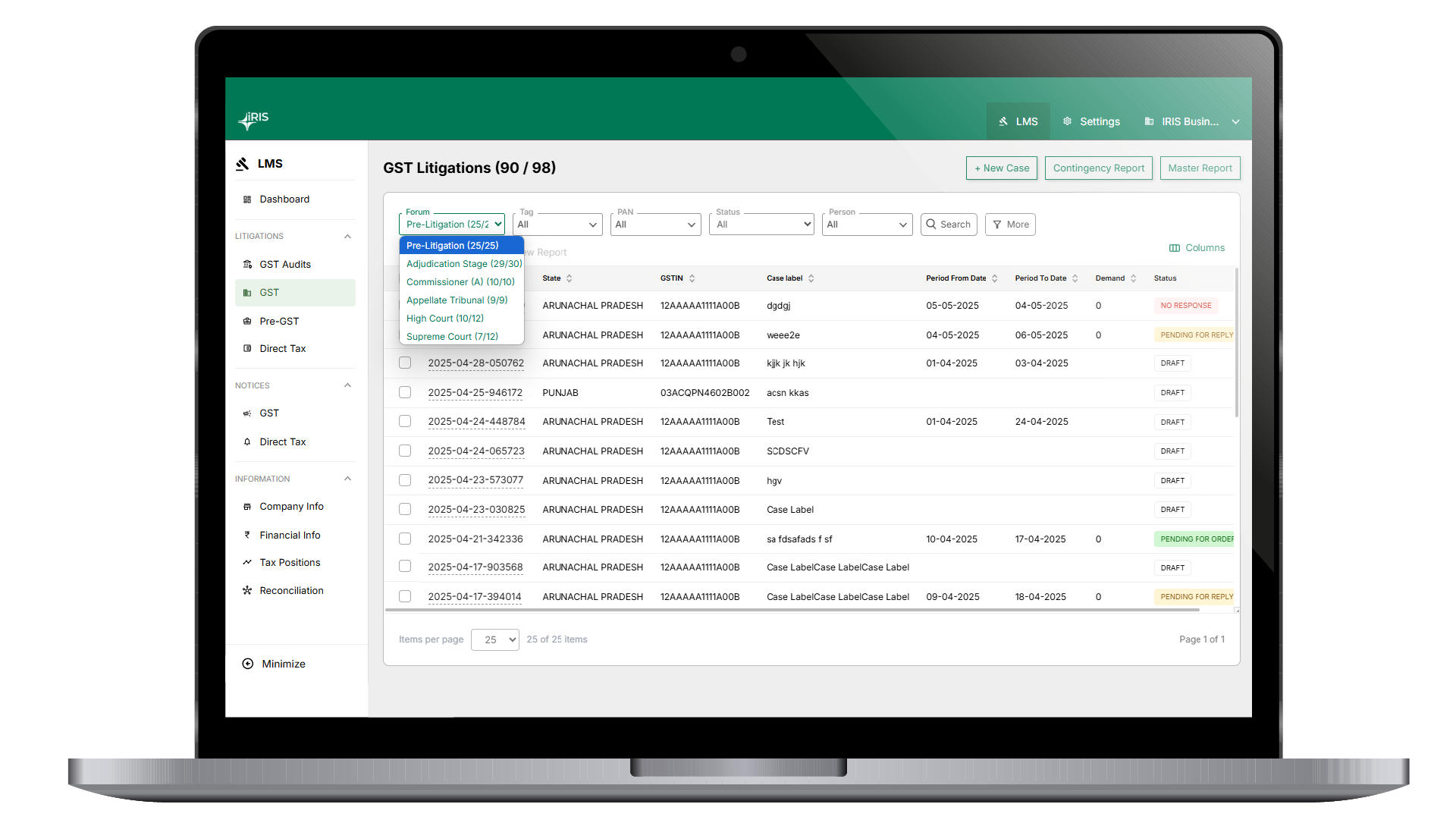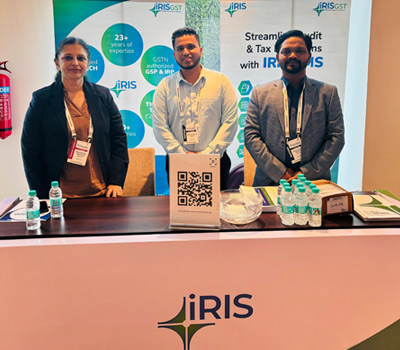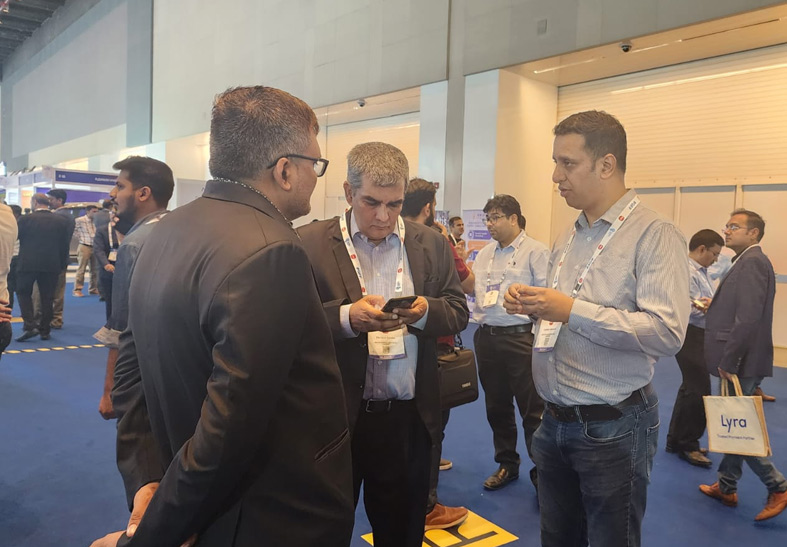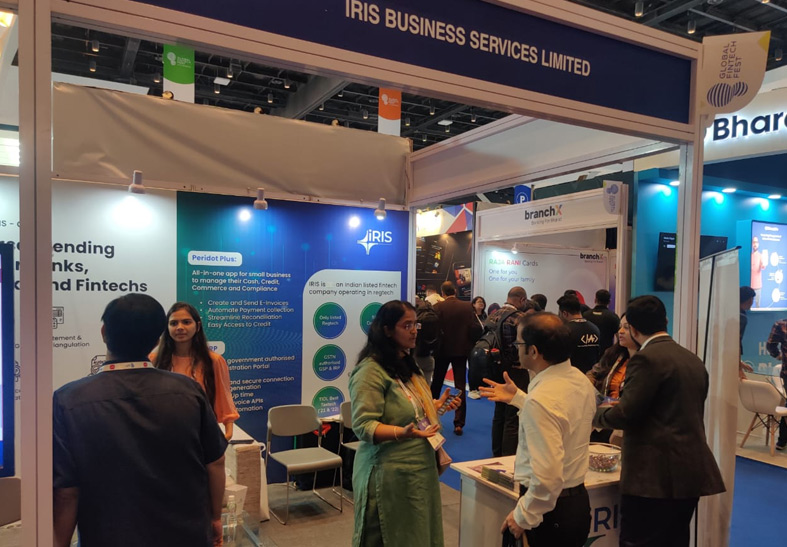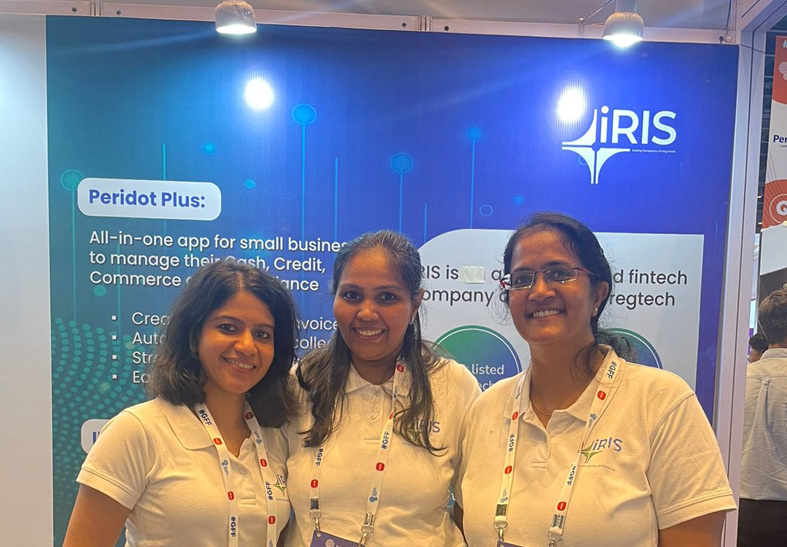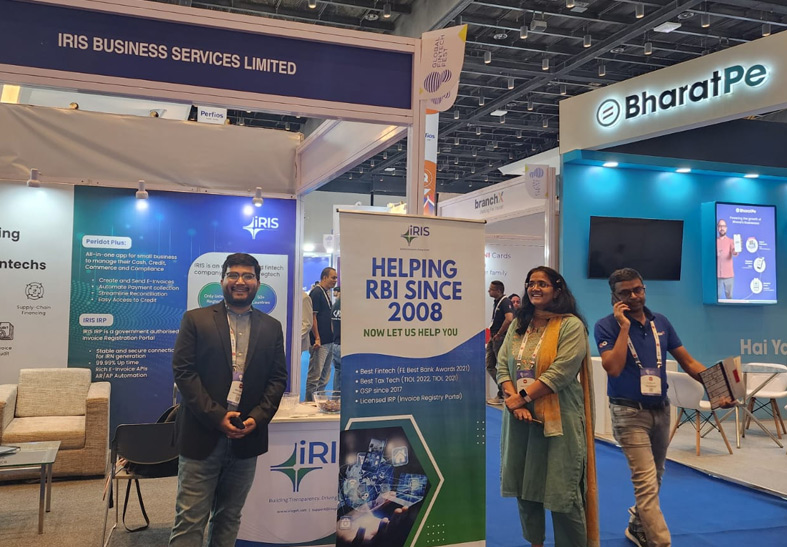
Diwali is around the corner and needless to say, the happiest time of the year when even the humblest of homes are all bright and beautiful sparkling with the light of positivity and love.
The festival of lights is also believed to be the day when Lakshmi, the goddess of wealth, visits her devotees and bestows gifts and blessings upon each of them. And it is believed that Lakshmi likes cleanliness and will visit the cleanest house first.
Well, on the day of Lakshmi Pujan, you worship Bahi Khata and pray to the Goddess to come and sit in your ‘Tijori’. But, do you think it’s clean? For a business to flourish, clean books are a must. Thus, here we have a comprehensive checklist for accountants to follow and ensure a clean and happy Diwali!
As an accounts manager, you try and maintain your books throughout the year. You pay monthly bills and collect due invoices from the customers. Some of you may even use accounting or GST software to run bank reconciliations each month. But, is that enough?
There are some invoices present in your purchase register, but not showing in the GSTR 2A or GSTR 2B of your vendor. There are some HSN mismatches in your and your vendor’s data.
Starting from October, 2024, taxpayers will have access to this new functionality on the GST portal – the Invoice Management System (IMS). The IMS is designed to simplify the Input Tax Credit (ITC) process by allowing recipient taxpayers to validate invoices issued by their suppliers, ensuring that only verified invoices become part of their form GSTR-2B. Also, it is important to note that the first GSTR-2B based on IMS will be generated on November 14th for October filings, so IMS will not apply to September returns.
Coming back to the Diwali cleaning checklist for accountants; you save the deep cleaning for after the end of the year. But, should accounts cleaning be an annual chore?
Good data enables better decision-making. Though, this is quite enough a reason to start with proper bookkeeping, as clean financials save you last-minute hassles. For example, flawed financial data can botch a pending deal or shatter your expansion plans if you are meeting investors. Moreover, clean records are a must at the time of audit. Not having them or having incomplete/incorrect records can even result in penalties and other undesirable consequences.
So, this Diwali, clean your accounts with IRIS GST’s Checklist for Accountants
- Creditor’s Reconciliation – Check if your accounts payable details are matching with your vendor records or not. Check for open bills that need to clean up.
- Check Cash and Bank transactions – Identify if there are any transactions which are uncleared and not recorded with proper account head.
- Debtor’s accounts – Check for receivables amount that is tallying with your debtor’s record
- Inventory – does your inventory record match your actual inventory? Do you have any obsolete or damaged inventory that needs to be written down or off?
- Investments – Check whether you have correctly recorded any investments that you have made. Do you need to make any adjustments based on changes in value?
- Fixed Assets –
-
-
- Check whether you have properly recorded all the fixed assets purchased in the previous year.
- Here you need to check portion of what should be capitalised and what should be expensed.
- Also, see if have you accurately recorded depreciation for the year
- Check if there is any sale of fixed assets, if yes, have you given the right effect of the same in your books of accounts
- In the case of intangible assets, check whether the valuation of these assets as of date is correct or not
-
- Miscellaneous accounts – Do you have any un-categorized or miscellaneous accounts? Check whether these need to be categorized onto a new account head or can be merged with the existing accounts head.
- Return compliance and taxes payable – Check whether all your tax liabilities have been paid off or not, along with the filing status of the required returns.
- Loans – Check for the loan balance, whether it is matching with your creditor’s statement or not. If not, have you missed any of adjustments for which additional interest is applicable or is there any other reason for the mismatch.
- Equity – Check your records for any equity transactions like shares sold or dividends/distributions paid.
- E-invoicing – The e-invoicing mandate went live for companies with a turnover of more than Rs. 5 Cr. along with smaller companies too. Discussions have begun for B2C e-Invoicing as well. It is best to update your systems and prepare yourself for the upgrade.
So this was an in-depth checklist for accountants to help them keep their books of accounts tidy. Happy Diwali !!
*****
IRIS GST offers IRIS GST Software for seamless GST Return Filing, Reconciliation, and more…
IRIS GST Software, a premium cloud-based GST Return Filing Software has an advanced reconciliation module with strong reconciliation rules like match invoices across Financial Years, beyond invoice numbers, fuzzy logic, and user-defined tolerance that helps you completely match your purchase data with GSTR 2A/2B and maximize ITC.
Schedule a Demo Today to see how IRIS GST Software can help you in your GST Reconciliation and understand the benefits for yourself.
Connect with us at support@irisgst.com.
